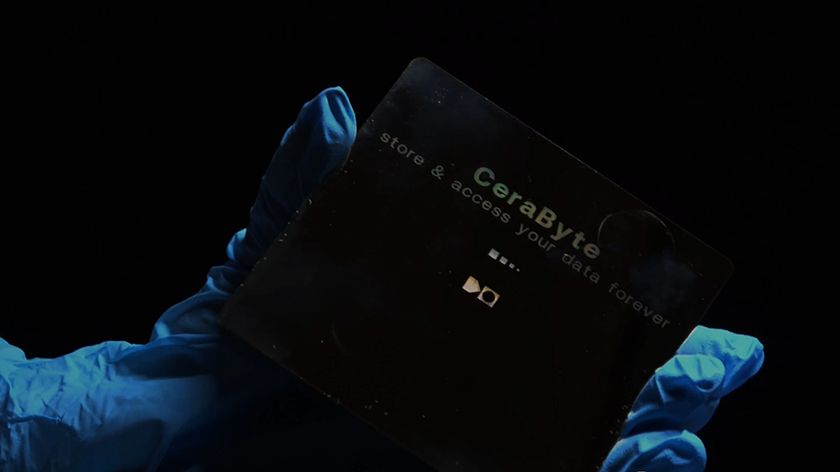Food for thought: would you eat a lab-made burger if it could save the world?
The benefits and challenges for cultured meat
While many are pushing the possible benefits of cultured meat, there are understandably those who oppose it - even if they agree that the current method of animal farming is not sustainable.
"Promote veganism instead," Dr Matthew Cole, Associate and Associate Lecturer at The Open University and former Chair of the Vegan Society, told techradar. "That's the already-existing solution to exploiting animals that's better for health, environment and of course for the animals themselves."
The issue is veganism is a tough sell in a world where 90% of people eat meat.
"The IVM (in-vitro meat, or cultured meat) movement is generally quick to disparage veganism as 'impossible' from what I've read, which is obvious nonsense - ask any vegan," Dr Cole argues. "What holds veganism back is the political and social environment, which we could change if we had the collective will."
Dr Cole also believes that other social issues would be improved if eating meat was taken off the agenda:
"I'm also concerned that IVM means ceding control of food to corporations (who will surely step in if the technology ever proves viable)," he explains. "Veganism lends itself to community growing schemes, allotments, school projects, etc. rather than dependency on complex technology."
Some of the opposition to cultured meat, and even the idea that there's a "yuck" factor in eating something from the lab, is tied up with worry about our over-reliance on new technology. There's also concern about genetic modification and what some scientists could do with the new method of food production, which will need thorough research and regulation to be considered a staple part of human intake.
Get daily insight, inspiration and deals in your inbox
Sign up for breaking news, reviews, opinion, top tech deals, and more.
However, Datar argues that some of this worry about what humans will be putting in their mouths is based on misconception: "What's different is not the product. What's different is the process to get there."
Possibly beneficial alternatives to the status quo also tend to take a while to catch on, particularly if they're expensive to develop, as a simple look at electric cars or renewable energy proves.
The existing meat industry hasn't shown much interest so far, but once the scale issue is solved that will change. If there's profit to be made, they'll be there. The idea of a morally bankrupt conglomerate with a huge meat factory isn't hard to picture, but it doesn't have to go that way.
"My utopian vision for cultured meat is that there are lots of people producing it in the same way that there are a lots of people producing beer right now," suggests Datar.
"There are still those huge breweries that are owned by gigantic companies, but there are also microbreweries and people who home brew. The general idea of brewing beer is not protected, but every individual recipe could be."
The meat factory of the future, or "carnery" as Datar suggests, might not look dissimilar to a brewery, where it's a more controlled setting to produce meat.
Years away?
How long before we can buy cultured meat? Professor Post thinks we'll get there "four to five years down the line" and Memphis Meats CEO, Uma Valeti, recently outlined the brand's plan to be in restaurants and high-end stores within three years and on supermarket shelves by 2021.
If we are to get there within the next five years, Datar believes it's going to require a serious investment. Right now there are only a few people working on cultured meat development and funding is sparse.
"Because there's so much media attention it seems like this is going to come along and science will save us and there's a huge community of researchers working on it, but in fact it is not like that at all. We're raising money in a philanthropic way so we can fund early stage research," explains Datar.
"Our long term goal is working with governments to create funds for cellular agriculture."
The pressure to find sustainable alternatives to the current setup can only grow and profit-driven private companies might not be the best way to get there - so it seems if the conditions are right and regulation used, governmental help might be possible.
Further research is definitely needed to find out if cultured meat could be the next major breakthrough, or to uncover more possible stumbling blocks before we rid the world of billions of cows.
So could carnivores be chowing down on lab-grown meat by 2030? It's a distinct possibility - but even if all the hurdles are overcome there's still a major exercise in convincing the meat-eating population that it's fine to eat.












